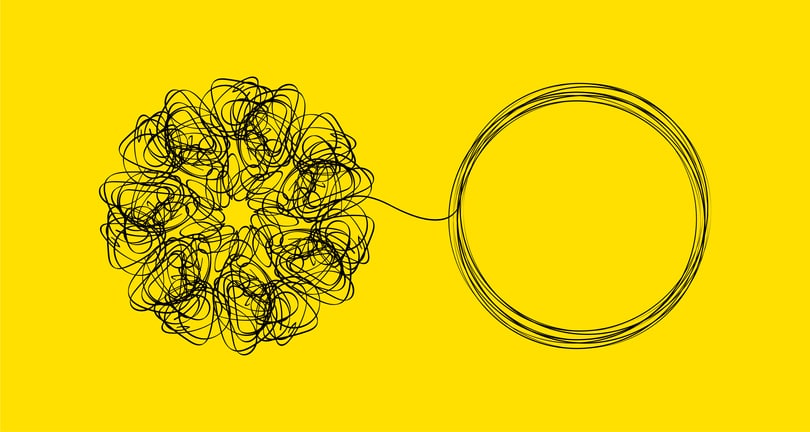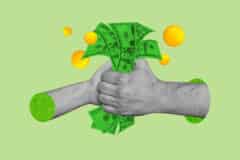What could eschewing the non-essential mean for your life? A quicker path to financial freedom? A reduced environmental footprint? More joy while living and less regrets on your deathbed? Yes, yes, and (hopefully) yes.
In the most basic sense, minimalism is about intentionality: promoting the things that matter most while discarding the distractions. It’s a way to help us identify and actually prioritize what we deem to be of utmost importance.
Finances: A minimalist lifestyle is less expensive and creates room to either earn less or increase savings – both paths that speed up the journey to financial independence. A less expensive lifestyle means it’s also easier to create, and alter, an intentional/purposeful budget and to payoff bad debts (i.e. credit card debt).
Environment: Financial minimalism and environmental stewardship are often (but not always) intertwined. When you need less, you buy less. By buying less, you consume less.
A minimalist lifestyle should naturally lessen your environmental footprint, however completely abstaining from new purchases is not realistic for most. So, when buying, consider prioritizing quality over quantity and purchases that are energy efficient. While not always the case, these buying strategies can also be f inancially prudent ones over the long haul.
Happiness: You can’t buy your way to happiness. Minimalism is simply a tool that can assist you in finding freedom. Freedom from avoidable stresses, burdens, and fears. Freedom to prioritize your health and relationships. Freedom to reclaim your time, or to live in the moment. Freedom to create more, to grow as an individual. Real freedom.
Final Thoughts:
Minimalism is not about searching for happiness through things, but through life itself. Thus, it’s up to you to determine what is necessary and what is superfluous in your life.
Additional Reading:






